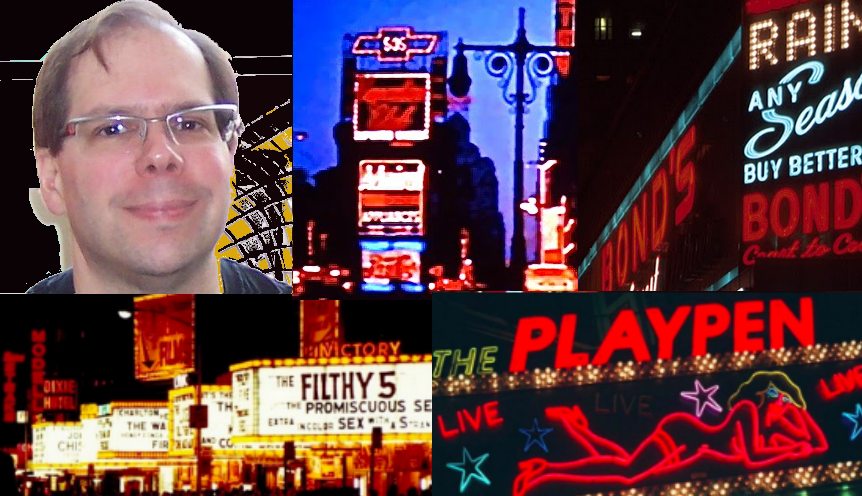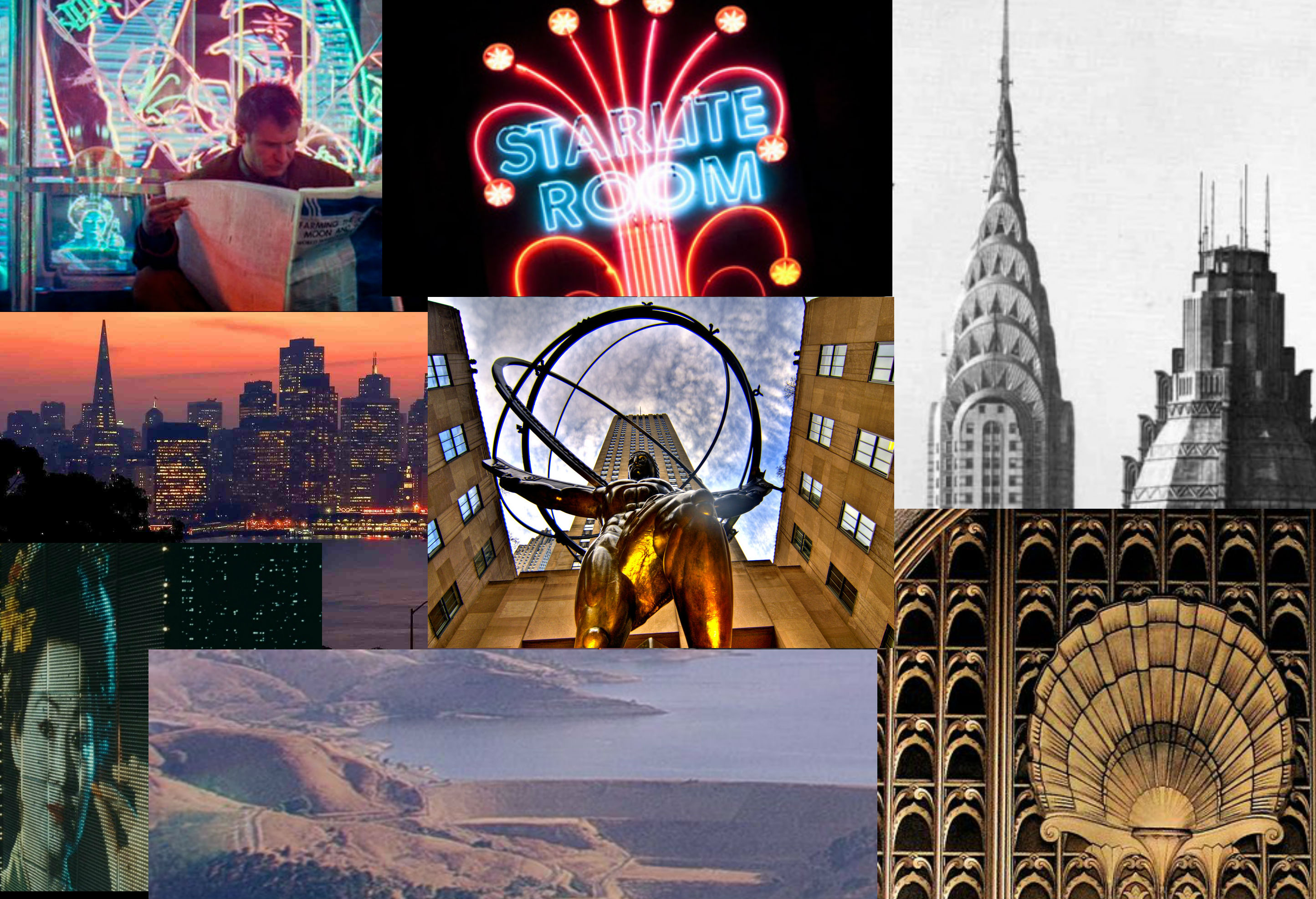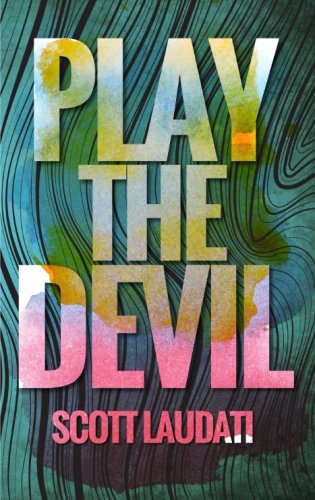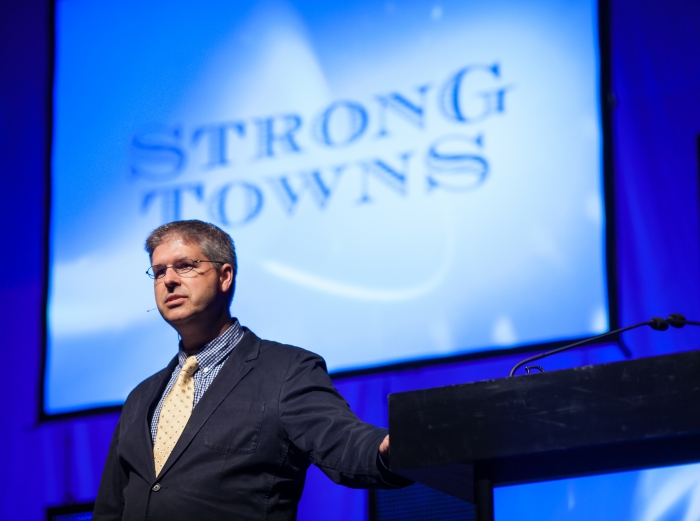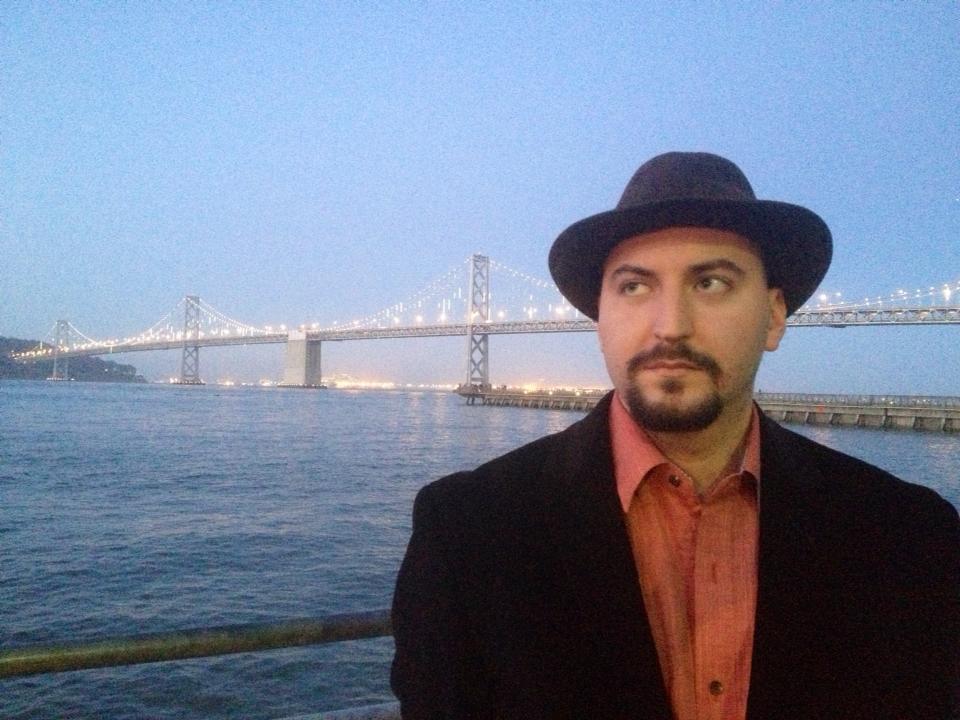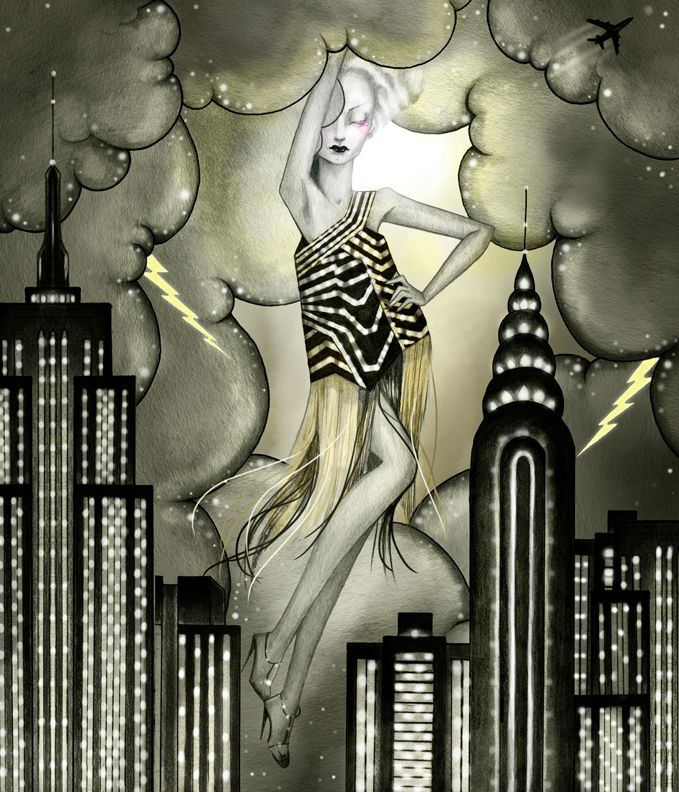Robert Stark and co-host Pilleater talk to writer and musician Josh Alan Friedman. He blogs at Black Cracker Online
Topics:
Intro Song: “Thanksgiving at McDonald’s in Times Square” by Josh Alan Friedman
Josh’s book Black Cracker about his experience going to the last segregated Black school in New York
Recovering lost memories from 1962 when Josh was in 1st Grade
The account of Josh being lynched in the book
The location of Glen Cove, Long Island, Black Shanty Towns, and the Gold Coast Era
Reactions to the book
Race relations in New York City in the 70’s, school busing, and the Bernie Goetz incident
Josh’s move to Dallas, Texas where his music career took off
Josh’s interest in Blues music, White adaptation of the Blues in the 60’s, the 80’s Blues Revival in Texas, and decline in interest among Blacks
Josh’s solo guitar act
Openings for bands including Huey Lewis and the News, War, Johnny Winter, and Bad Company
Josh’s book Tales of Times Square about Time Square in the 70’s; Robert Stark’s interview with Robert Brenner about his Gritty Old Time Square Tours
Josh’s observation that Broadway in Downtown LA reminds him of old Time Square
Josh’s interview with Luke Ford
Josh’s experience working for Al Goldstein’s Screw Magazine
Josh’s book I, Goldstein, which is a co-written autobiography about Al Goldstein
Josh’s book When Sex Was Dirty
Rules for Journalist; “never pay for an interview”
Book Publishing; the era of “the gate keeper,” independent publishing houses such as Feral House, and self-publishing today
The effects of the internet on musicians
Click Here to download!
This show is brought to you by Robert Stark’s Paintings!

